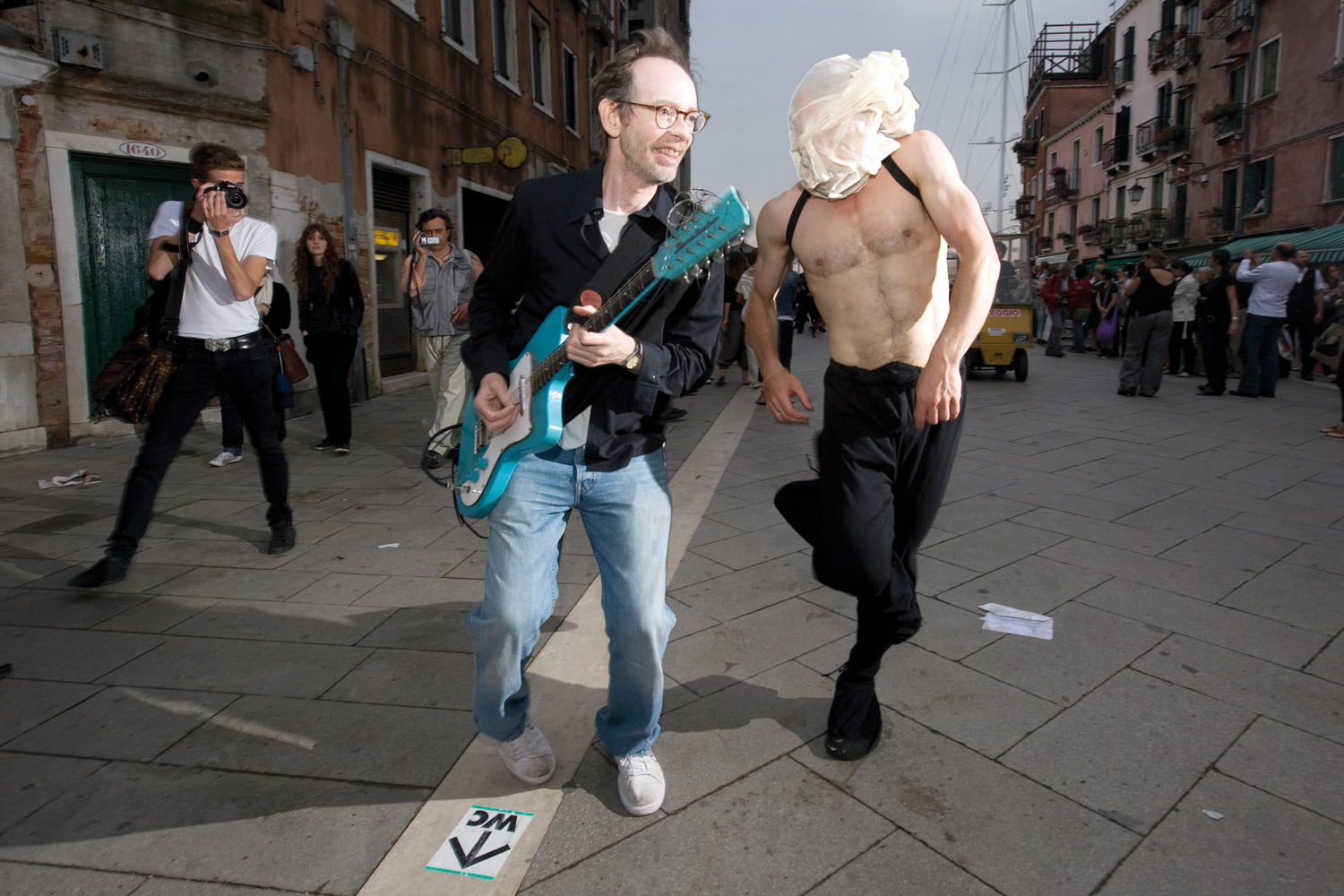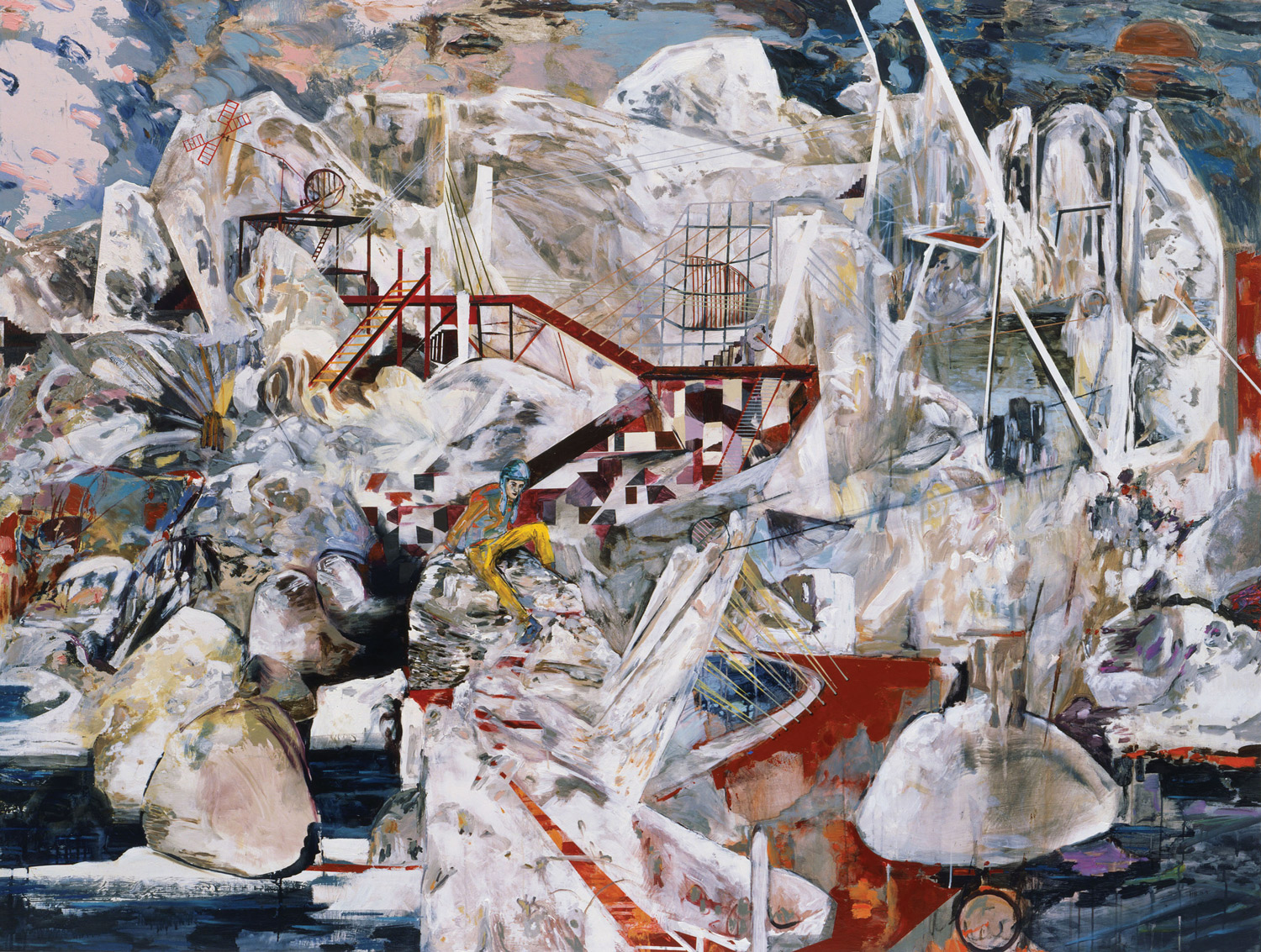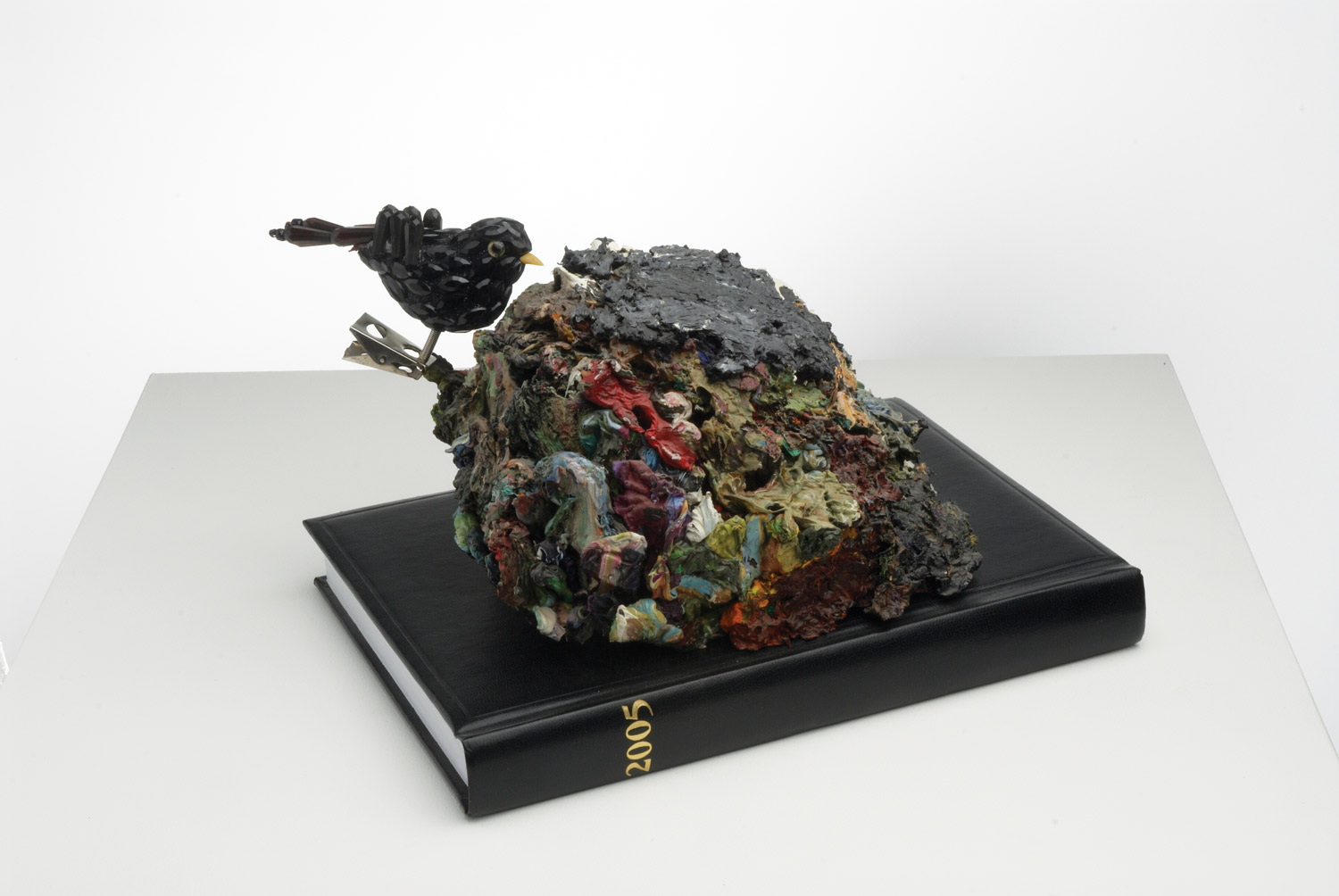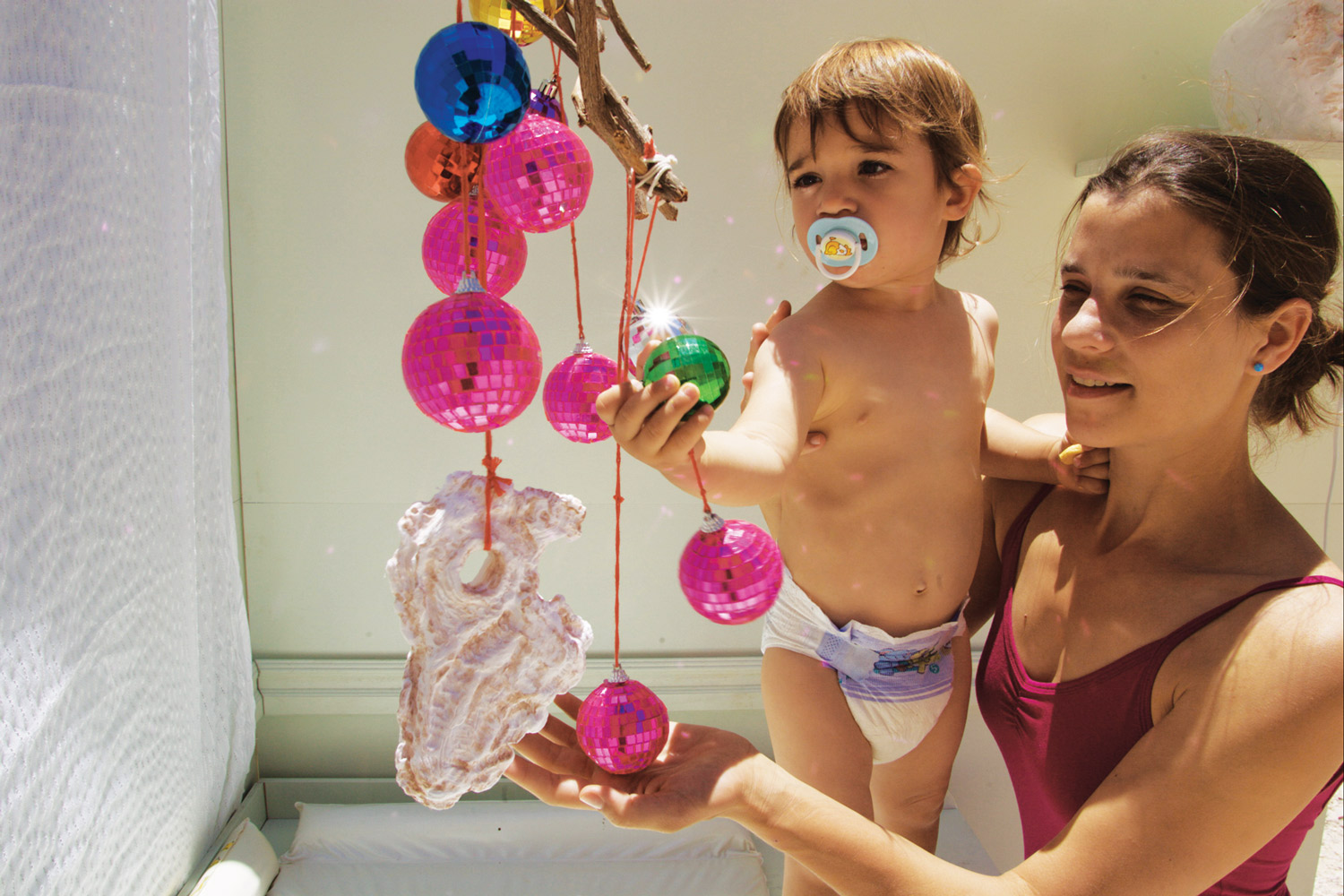
Simon Fujiwara studied architecture before moving to the field of art. However, the foundations of his current practice stretch back to before this shift in schooling, to where a defining characteristic of his work emerges. During his studies in architecture, Fujiwara would deliver his presentations entirely through spoken word, not necessarily revealing a desire to build anything or discuss architecture per se, at least in a traditional sense.
While storytelling is one of the main working methods of Fujiwara, in particular the delivery of his own narration, his work does not focus on foregrounding the specificity of this medium nor its inherent opposition to convention — specifically to the art object — in the visual arts. His use of storytelling generates pieces with a near obsolete amount of materiality, placing them at a considerable distance from much of today’s art production. It is his points of interest, a personal pursuit of his own biography, his angle on the meeting of art and architecture among them, which gives the work its uniqueness.
A perfect example of this, as well as the eclectic and diverse manner in which his works unfold, is The Incest Museum (2007-). Performed a number of times for different occasions and in diverging contexts, the work exists as a self-performed guided tour through an architecture fiction; one that, as the title of the work indicates, proposes itself as a museum specializing in incest practices. Constantly evolving, comprising a slide show presentation by the artist, a mural painted by his father, artifacts from the Cradle of Mankind — the site in Tanzania which partially inspired the work — and its most recent addition, an accompanying publication, the work presses on an alternative history of the origins of man. Similarly, Welcome to the Hotel Munber (2007-) functions as a performed narrative that oscillates between personal biography, fiction and historical fact, and where artifacts and objects play main roles. Spain’s tourism, Franco’s dictatorship, Fujiwara’s family history, among other pertaining and non-pertaining subject matter, are all told through the lens of a gay erotic novel. Perhaps this is Fujiwara picturing himself in the ’70s, in the hotel his parents owned, under a dictatorship, against an exotic background, as a white mixed-race male.
Desk Job (2009), his work for “The Collectors” at the Danish and Nordic Pavilion at this year’s Venice Biennale, brings together like-minded topics in a collection of objects combined to formulate an unfinished novel, yet one clearly still in progress. Displayed on top of a replica of the Nordic Pavilion itself, in turn foregrounding his constant use of architecture — or perhaps more correctly, its surrounding ideas — a synopsis of the unfinished novel was available to be taken away by visitors. The presented fictional scenario of a man writing an autobiographical novel, one which grapples with the conflict of work and sex, of savaged man against a more cultured being, articulates that which is most compelling in Fujiwara’s practice: the pervasive feeling of our own participation in Fujiwara’s meandering, seemingly fragmentary narratives and, vitally, his personal journey.




